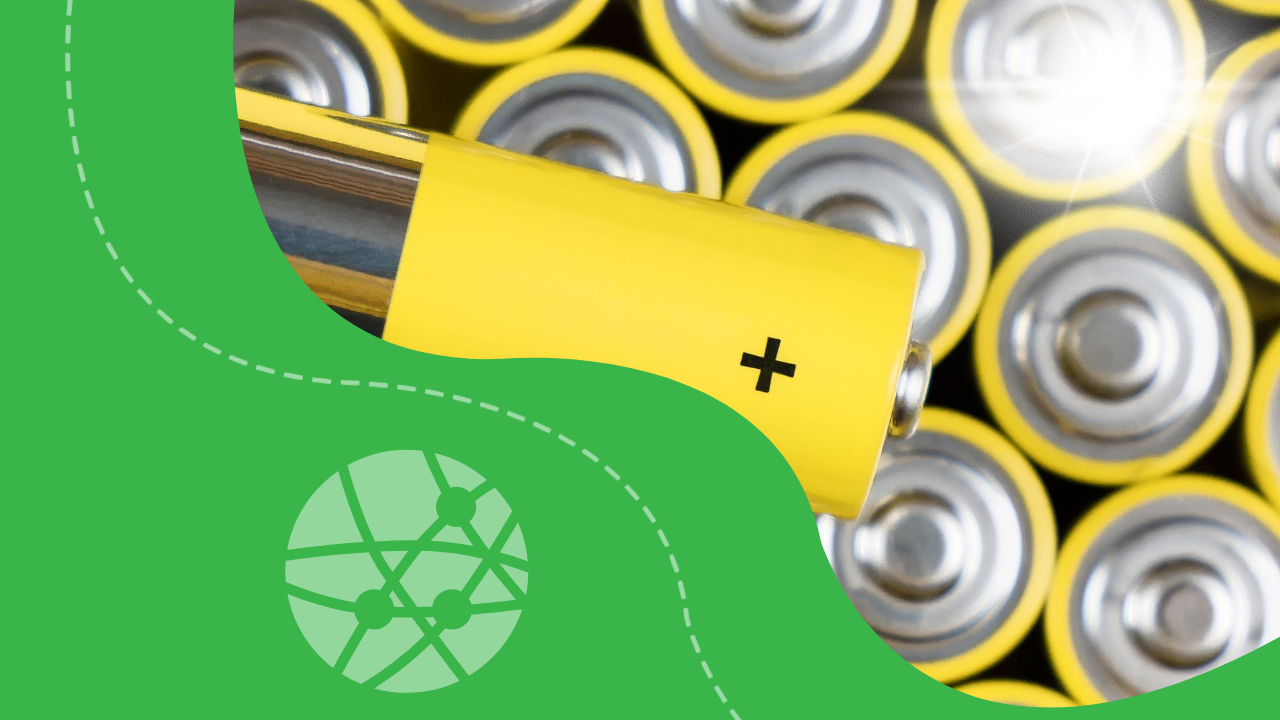Hundreds of protesters gathered in the central Serbian town of Valjevo on Monday to voice their opposition to Rio Tinto’s lithium project in Western Serbia, citing fears of potential environmental pollution. The demonstration took place in the town’s central square, with residents chanting, “You will not dig,” and “Rio Tinto, leave Serbia!” Valjevo, an industrial city with a population of 55,000, is located about 100 km (60 miles) west of Belgrade.
Sonja, a 50-year-old resident of Valjevo, expressed the community’s determination, stating, “We will not allow it; we will fight as much as we can.” Aleksandar Jovanovic Cuta, one of the protest organizers, echoed this sentiment, warning that the “agony called lithium is continuing” and affirming that “Serbia will not go quiet over this issue. This is non-negotiable.”
The protest follows a larger demonstration on August 10, when tens of thousands rallied in Belgrade. Authorities have dismissed these protests as politically motivated, aimed at destabilizing the government of populist President Aleksandar Vucic. In Valjevo, protesters also demanded an end to what they describe as a government crackdown on green activists. Activist Aleksandra Bulatovic reported that, since the August 10 rally, police have interrogated and searched the homes of over 40 environmental activists, accusing them of conspiring against the country’s constitution. Bulatovic, who was also questioned, criticized the authorities, saying, “This is unconstitutional; they are abusing the law. This is pure repression.”
The controversy intensified last month when Belgrade reinstated Rio Tinto’s license to develop what would be Europe’s largest lithium mine, after halting the project two years ago due to widespread environmental protests. The $2.4 billion Jadar lithium project could potentially supply 90% of Europe’s current lithium needs, positioning Rio Tinto as a leading global producer of this essential component used in batteries for electric vehicles and mobile devices. While Serbian officials argue that the mine could significantly boost the country’s economy, environmentalists warn of the high environmental costs.


